One of the more confusing aspects of publishing to KDP is selecting keywords. For many writers, finding that sweet spot for the right keywords has been the difference between sales and obscurity. Like Google SEO, there’s a bit of an art to it and it’s important to experiment if your sales are currently flat.
First, Amazon makes it somewhat easy. They list the keywords that you have to have in order to list in certain categories. For example, take a look at the Young Adult category. Some of the keywords are obvious but the “Angels & Demons” category needs the keyword “angels.” It’s possible that a book about demons might not include angels as well, but the keyword still needs to be included. Or Werewolves needs the keyword “werewolf” in the singular.
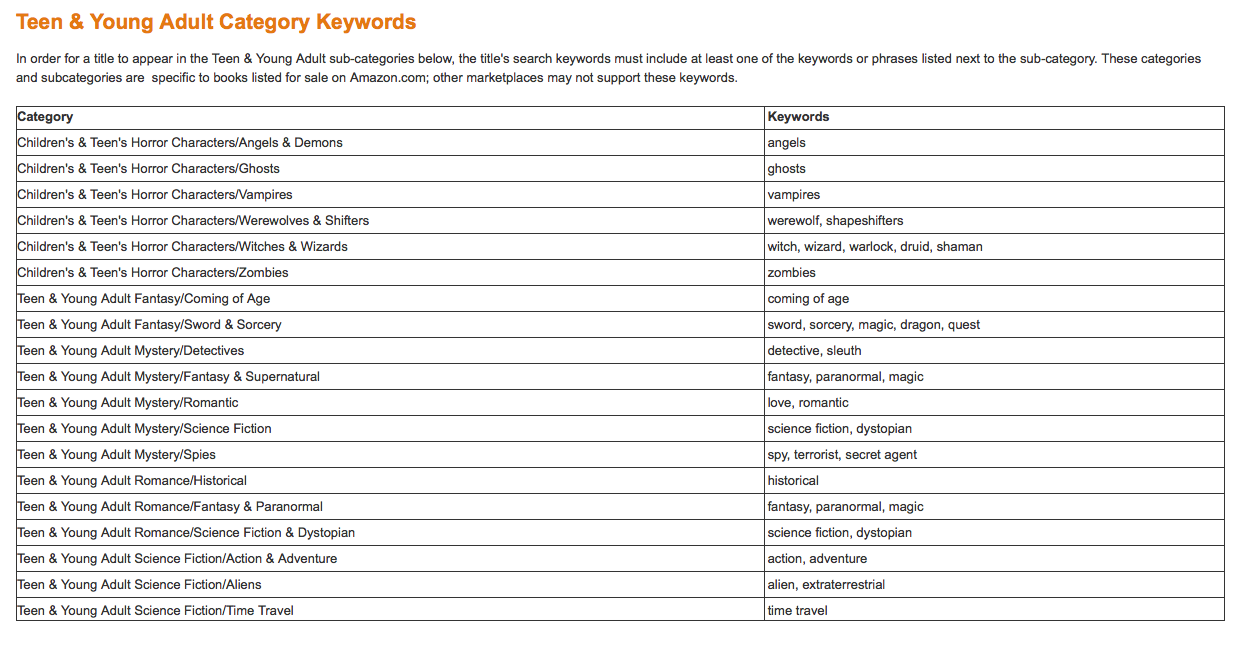
Here’s the complete list of genres and their corresponding keywords:
Amazon.com (US)
Amazon.co.uk (UK)
| Biography & True Accounts | Romance |
| Crime, Thriller, & Mystery | Science Fiction & Fantasy |
Confusingly, Amazon says to not use the category for a keyword. This is still true, as YA Science Fiction is a sub-category. In other words, don’t select the top level category as a keyword (i.e. Young Adult), only sub-categories. Here’s Amazon’s full list of don’t’s:
Do not include these things in keywords:
● Information covered elsewhere in your book’s metadata—title, contributor(s), category, etc.
● Subjective claims about quality (e.g. “best”)
● Statements that are only temporarily true (“new,” “on sale,” “available now”)
● Information common to most items in the category (“book”)
● Common misspellings
● Variants of spacing, punctuation, capitalization, and pluralization (both “80GB” and “80 GB”, “computer” and “computers”, etc.). The only exception is for words translated in more than one way, like “Mao Zedong” and “Mao Tse-tung,” or “Hanukkah” and “Chanukah.”
● Anything misrepresentative, such as the name of an author that is not associated with your book. This type of information can create a confusing customer experience and Kindle Direct Publishing has a zero tolerance policy for metadata that is meant to advertise, promote, or mislead.
They also offer these tips:
Best practices with keywords:
Combine keywords in the most logical order: Customers will search for military science fiction but not for fiction science military.
Use up to seven keywords or short phrases. Separate them with commas, and keep an eye on the character limit in the text field.
Experiment. Before you publish, search for your book’s title and keywords on Amazon. If you get irrelevant results, or results you dislike, consider making some changes—your book will ultimately appear among similar results. When you search, look at the suggestions that appear in the Search field drop down.
Think like your customer. Think about how you would search for your book if you were a customer, and ask others to suggest keywords they’d search on.Useful keyword types
● Setting (Colonial America)
● Character types (single dad, veteran)
● Character roles (strong female lead)
● Plot themes (coming of age, forgiveness)
● Story tone (dystopian, feel-good)
Beyond that, what can you do?
Using the keyword tool from Kindle Samurai, you can check to see the most searched-for terms in a particular genre. So your book might be about werewolves in the nineteenth century. Check to see what iteration of the keyword works best. So you might have to select between “werewolves 19th century,” “werewolves nineteenth century,” “werewolves 1800’s,” “werewolves historical,” or something else.
Unfortunately, Samurai isn’t available for the Mac.
Amazon itself is your strongest tool. Take a look at “werewolves.” This is what happens when you start typing in the word in all of Amazon. The terms that come up are those that are most highly searched:
And here’s the same search under “Books”:
And finally, the Kindle store, slightly different:
You could actually use this method to decide what to write, as well as how to market.
Additionally, Google’s Adwords tool can sort of mimic the process. It’s only sort of because Google searches act differently than Amazon searches. If you’re looking for a book or looking for information you’re liable to plug in different sorts of search terms. For instance, here’s “werewolves” again:
Someone looking for information on “Are Werewolves Real?” isn’t necessarily going to want a werewolf romance novel. That said, higher search volume is higher search volume, and maybe they actually do want a romance, or horror novel, or whatever the case may be.
Keywords in Titles
Like Google SEO, the title of your book counts a lot. We could have titled this “Amazon is Difficult,” but that’s not going to come up in Google search too often. But “Kindle Keywords” is something people are looking for. Same principle goes for books. One of the reasons that mystery titles have it easier is because of the subheading. So instead of just a title like Dangerous Game, mystery titles are often Dangerous Game: A John Doe Mystery. There’s your main keyword, right in the title.
The Description
What about keyword jamming? Does it make any sense to write this:
Dangerous Game is a mystery book about the mystery detective John Doe who solves mysteries.
I think you have your answer, which is No. Even if it worked with the algorithm, it won’t work with readers. That said, you absolutely should think about adding keywords to your description. If you thought blurb writing was enough of a headache, think about having to write it with keywords in mind. Author Marketing Experts’ Penny Sansevieri recommends:
You must have at least 500 words in your book description. Why? Because too little content won’t register well (if at all) with Amazon and Google won’t pick it up, either. I know we haven’t really discussed ranking on Google, but the book description does factor into that as well. You get up to 800 words, you can use all 800 if you want (it certainly can’t hurt), but 500 words is a minimum.
Another note about your primary keyword: it should appear 2 to 5 times for every 100 words in your book description. So, no keyword stuffing, certainly, but using the keywords in a way that will help ping Amazon’s algorithm and also get you some attention in Google, as well.
Anchor Text
Another Google principle is anchor text. Imagine if 1000 sites all linked to one site with the same keywords: book editor. That tells Google that the site has a lot of authority for book editing. So do Amazon keywords work the same? Say you type “Book Editing” into Amazon and then use that link as your link to the book. Here’s an example:
The link to the book has the keywords – book + editing – embedded into the link. Will this help rank for certain keywords if 1000 people all use that link? The short answer is: not likely. And here’s where it gets confusing. Amazon’s search engine is sales based, not keyword based.
Wait, what?
What that means is that keywords are important, but you’re only going to rank for the keyword if you actually sell books. In other words, just adding the very popular keyphrase “werewolf romance” to your book doesn’t mean you’re going to rank automatically for that phrase. It has to outsell lots of other werewolf romances in order to do so. Even if 1000 people all click the link example above, it doesn’t really matter if no one goes on to buy it. Amazon is a store: they want people to buy things. They don’t care if a book’s page is popular if no one’s buying the book.
So it’s a bit of a Catch-22. You can’t rank until you sell, and you can’t sell until you rank. That’s Amazon. The fewer books you sell, the further down in rank you’ll go, which is why the first three months a book goes live are so crucial because if you have a lot of no-sale days in that time, your visibility will go down day by day.
But keywords are an absolute must if you’re going to gain any traction. You still need offsite marketing for people to make it to your page. As always, you need a good book to convert all that marketing energy into sales.
When it comes down to it, the book’s the most important thing of all. Great keywords are nothing without a book worth buying.
Get an Editorial Review | Get Amazon Sales & Reviews | Get Edited | Get Beta Readers | Enter the SPR Book Awards | Other Marketing Services


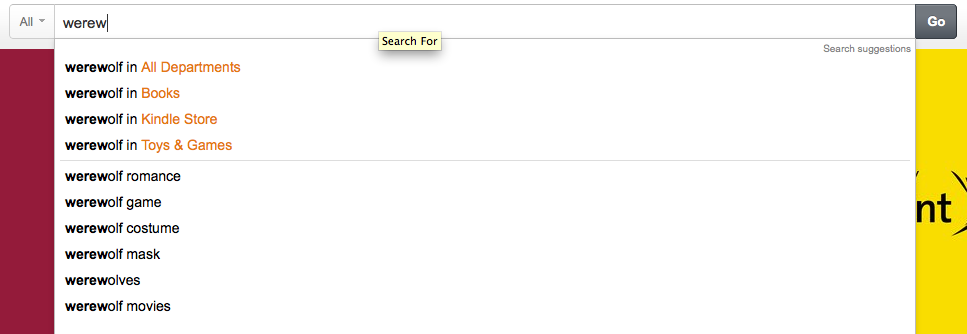
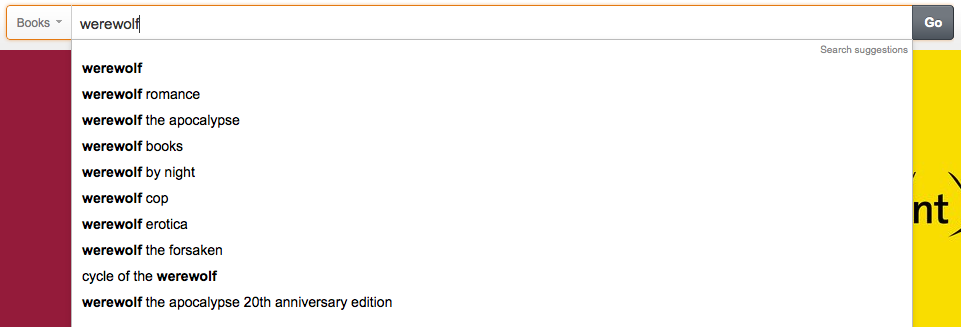
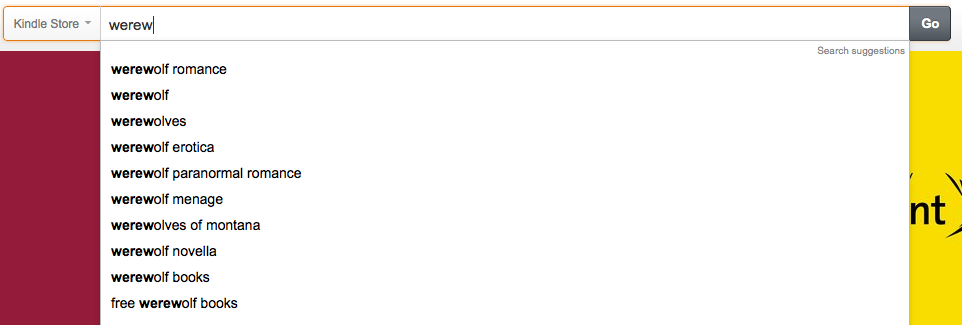
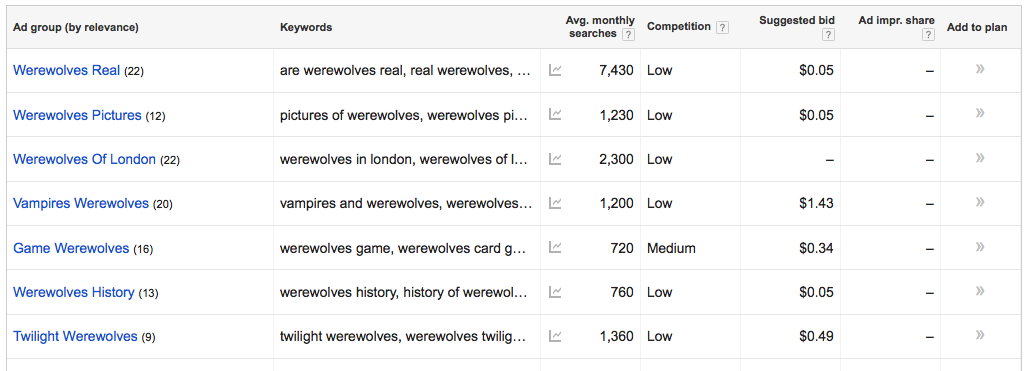




















I found this very interesting. Choosing the right words was one of the hardest things about KDP, probably because I know how important they are. I’m “keeping this handy” for reference. Thanks
Similar to SEO, you need to understand the competition. You may never get to the top for competitive terms, so focus on the long tail keywords that have less search volume but also less competition.